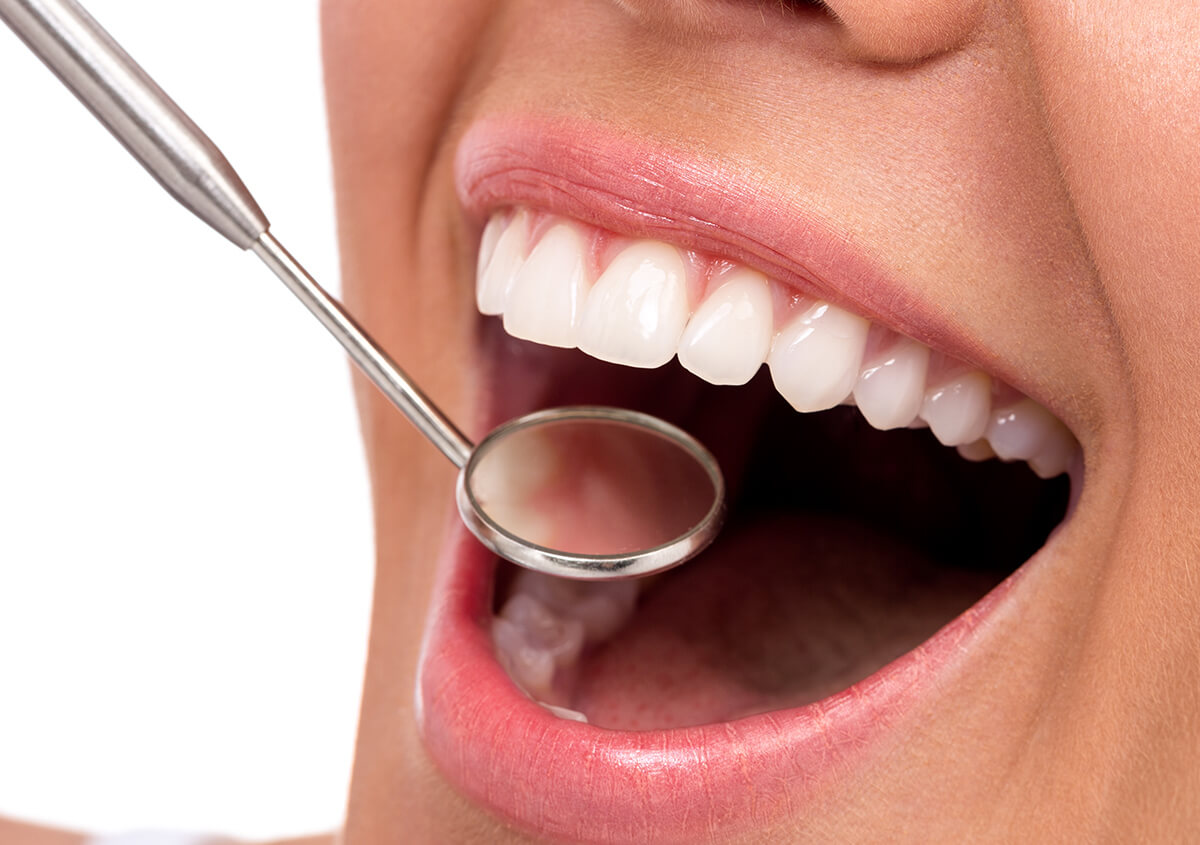

13
Dec
What Is The Difference Between A Comprehensive Exam For New Patients and a Standard Oral Examination?

When you are seeking a dentist who is accepting new patients, it may be because you have just moved to a new area, you are unhappy with your previous dentist, or maybe you have not seen a dentist in a few years and are ready to take control of your oral health. Whatever the reason, Matthew Wallengren, DDS in Baltimore, Maryland, would like to help provide a picture of what you can expect from your initial visit.
During your initial visit, you will undergo a very thorough comprehensive exam and get a teeth cleaning before receiving a treatment plan to correct any oral health issues detected during your exam. You will also likely have X-rays taken.
Your Comprehensive Examination
It may have been a while since you have had a comprehensive oral examination, and you may not be quite sure what it is or what it entails. A comprehensive oral examination will include a thorough look at your oral health so that a list of both present and potential issues can be created. A comprehensive exam includes photographs of the teeth and is usually performed when you visit a dentist for the very first time so that they can gain an understanding of the current state of your oral health. The systems evaluated during the exam consist of the TMJ, oral cancer screening, the occlusion (bite), the occlusion in relation to the fully seated joint position, the Mallampati Score of the oral airway, detailed charting of the teeth, cracks, wear, quality and condition if the existing restorations and the assessment of the gum and bone supporting the teeth. A comprehensive exam may also be necessary if you have gone long periods between appointments with your dentist so they can assess if there have been any significant changes to your health, which may require the development of a new plan.
REQUEST AN APPOINTMENT
Is A Comprehensive Examination Different From A Standard Exam?
A standard exam will be performed when you see your dentist for your twice-a-year dental cleaning. This is how your dentist can keep an eye on the state of your oral health and remain alert to any developing changes. This differs from a comprehensive oral exam, which can be considered a baseline exam to which future standard exams can be compared.
When you visit your dentist for a comprehensive exam, your oral health will not be the only thing looked at. The health of your whole body will also be taken into account. Any medications or medical concerns you may have should be reported. Establishing a full medical history is essential so your dentist can address your oral health in the best and safest way possible. You will also have time to sit down with your dentist to ask any questions or state any concerns you may have. This is a great time to build a trusting relationship with your dentist.
There are several similarities between a comprehensive and a standard exam. Your dentist will still check your mouth for signs of oral decay, cavities, chips, cracks, signs that existing restorations may require repair, etc. Your dentist will also develop a chart of your teeth, in which they can then mark any existing dental work you may have had performed previously by past dentists.
Schedule An Appointment Today!
If you are seeking a dentist in the Baltimore, MD, area currently accepting new patients, please consider booking an appointment with Dr. Matthew Wallengren today by calling (410) 431-1868.
